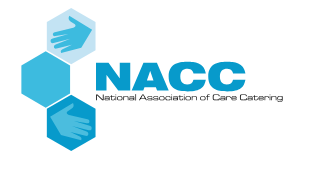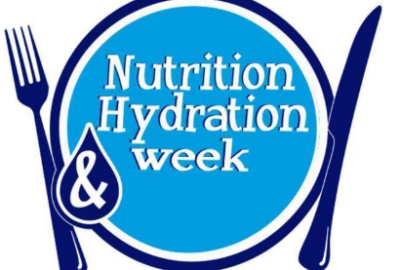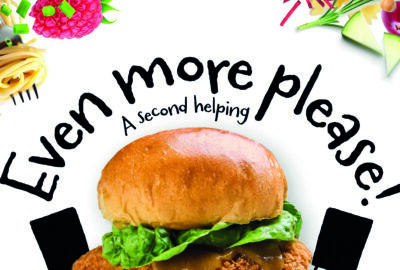Hospital caterers are being urged to recycle more and reduce food waste as part of a new campaign. The Hospital Caterers Association (HCA) has joined forces with WRAP in a bid to prevent waste in the healthcare sector.
The HCA has signed up to the Hospitality and Foodservice Agreement (HaFSA), joining over 200 signatories and supporters across the supply chain implementing plans to reduce food waste and recycle more.
To really bring this issue to life for the hospital sector, the HCA has been working with WRAP to produce a series of screencasts, which give hospital caterers free advice on how to tackle food waste. “Waste is a serious issue in our industry and we have to work together to make a difference,” says Andy Jones, HCA national chair. “Planning menus is a critical part of reducing waste from spoilage, preparation and plate waste. These screencasts offer a step-by-step guide enabling hospital caterers to reduce food and associated packaging waste and to recycle more.”
In the UK, the hospitality and foodservice sector throws away the equivalent of one in six meals served. Each tone of food waste produced in healthcare costs an average of £1,900. “That’s a considerable amount of money wasted,” adds Jones.“The real cost of food waste to the healthcare sector is £230million. That’s 22p per meal for every meal served, in today’s money. But there are plenty of ways to reduce that waste and save money.”
Food waste can occur due to a range of factors including through spoiled and out of date food; food preparation residues; over preparation of items in the kitchen; unserved meals; uneaten food left on plates; left-over snacks outside of mealtimes; food left at end of service in restaurant or from food outlets to shops.
The screencasts highlight how to take action on preventing food waste, including reducing spoilage in ward, monitoring meal ordering system, improving staff communications, reducing plate waste and protected mealtimes. Monitoring and recording food waste is essential, but prevention is where the greatest savings can be found.
WRAP is recognised nationally and internationally as experts in the sustainable use of resources. Their expertise is in supporting others to take the journey from awareness to action, working in partnership with key stakeholders.
Eleanor Morris, programme area manager says:
Eleanor Morris, programme area manager – hospitality and foodservice, WRAP, comments: “We are working with the HCA as a supporter to the HaFSA to share good practice and promote food waste prevention. This will happen by engaging with the healthcare sector to help them identify food waste prevention opportunities, improve the management of their kitchens and save money. “WRAP has also produced a series of information sheets to support businesses in the hospitality and foodservice sector in taking action on waste. Working groups are supporting the sector to tackle the issue of waste in areas such as procurement and packaging, with online tools available to help businesses take action and make savings.”
The four screencasts are now live on the HCA’s website: www.hospitalcaterers.org/publications and on WRAP’s website:
www.wrap.org.uk/content/preventing-waste-healthcare-sector
The information sheets are available at: www.wrap.org.uk/takingactiononwaste



